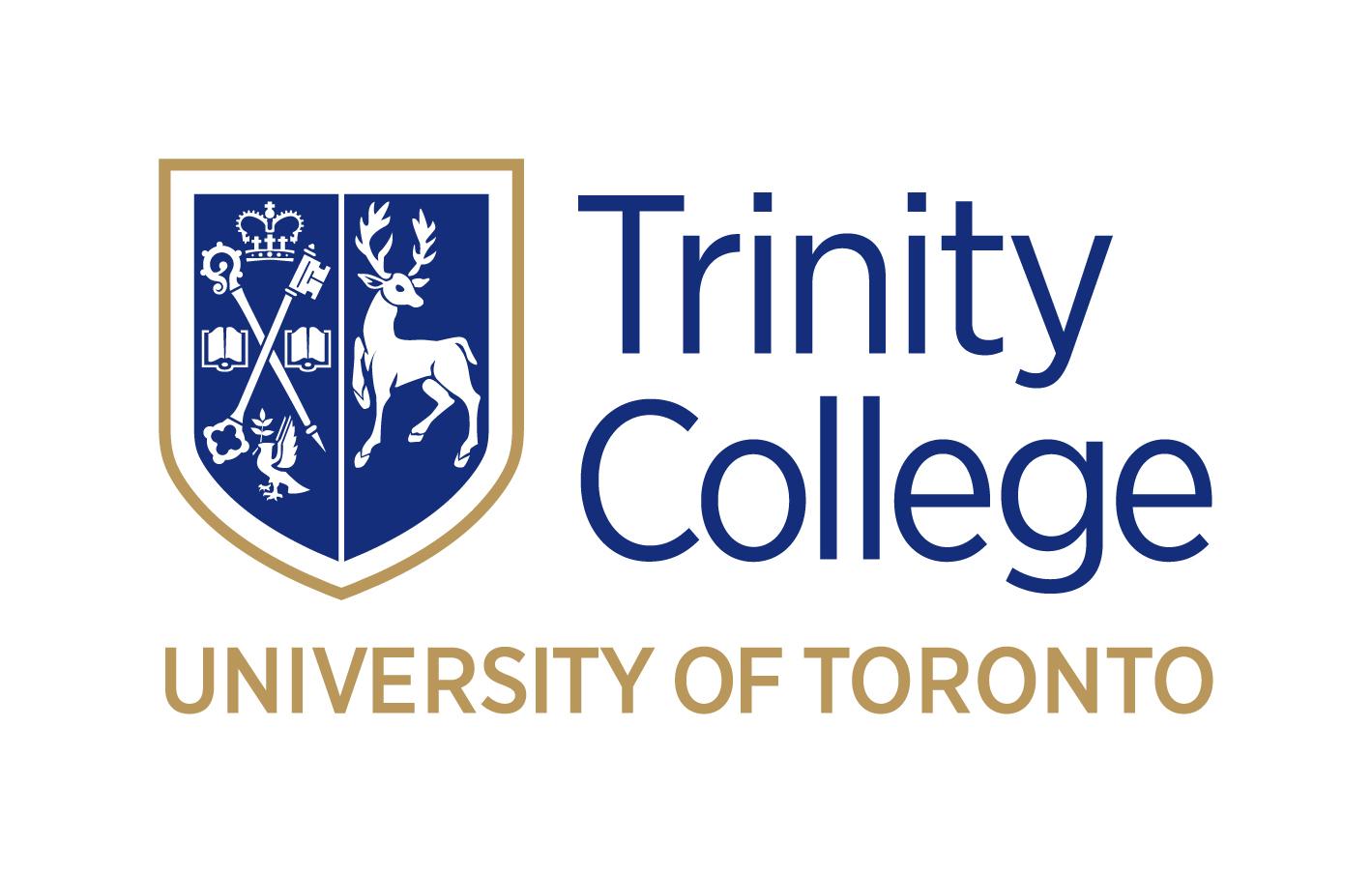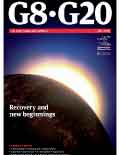

 |
 |
|

Keeping the Promise
of the Millennium Development Goals
By Ban Ki-moon, secretary general, United Nations
To download a low-resolution pdf, click here or go to the Newsdesk site.
A decade ago, world leaders pledged to tackle extreme poverty and to work tirelessly for a stable, just and secure world for all. Are we making progress?
Ten years ago, the international community began a new century with a pact to tackle extreme poverty, promote human development and save the planet from environmental degradation, with a renewed focus on the priorities and needs of Africa. In agreeing on the Millennium Development Goals (MDGs), developed and developing countries alike recognised that it is unacceptable, in the 21st century, for children to die of preventable diseases, mothers to lose their lives in the process of giving birth and millions of people to be denied an education or a decent job to improve their standard of living. World leaders pledged to spare no effort in responding to the plight of the poor and vulnerable and in transforming this world into a safer, more equitable, more sustainable and prosperous place.
Amid the current global economic challenges, the promise of the MDGs is more important than ever. The MDGs have helped bring the human element to the fore and given the world a common framework for progress. And indeed, there has been a remarkable worldwide mobilisation. Rarely have so many organisations – from the global to the grass roots – agreed on a shared agenda for change. Rarely have so many civil society activists, CEOs, philanthropists and political leaders found such common ground.
We have made great strides toward the MDGs. But progress has been uneven, and is now facing headwinds due to a congruence of recent crises and natural disasters. Large disparities remain within countries, communities and even families. The global recession has made development more difficult, yet more urgent. Global markets remain volatile, the economic recovery is fragile and gains are not finding their way to the villages, streets and daily lives of far too many families. The food, energy and economic crises have pushed millions more into poverty. Hunger was on the rise even before these crises, and for the first time in history the number of undernourished people rose above 1 billion last year. Of all the MDGs, improvements in maternal health have been the slowest and proven particularly difficult. Disasters have also taken a toll, nowhere more notably than in Haiti. Climate change brings the risk of more severe and frequent droughts, declines in agricultural productivity and threats to political stability.
With a decade of experience in hand, it is now time to translate hard-earned knowledge into bold new solutions. The G8/G20 meetings in June and the MDG summit at United Nations Headquarters in September provide unique opportunities to do so.
Achieving the MDGs is a joint responsibility, and everyone has a role to play: governments, civil society, the private sector, religious communties and multilateral institutions. Both developing and developed countries need to live up to their commitments, including on aid, debt relief, trade, prioritisation of the MDGs in policy frameworks and budgets, accountable and inclusive governance, and access to new technologies. We are falling short not because the goals are unreachable or because time is short, but because of inadequate resources and a lack of focus and accountability. Within the context of this year’s G8 summit which has been declared an accountability summit, I can think of no better way to live up to that pledge than by delivering on earlier commitments both by developing and developed countries.
Keeping the Promise, my report to the General Assembly, points the way toward reinvigorating efforts and strengthening the global partnership for development. It suggests ways to accelerate progress, including through South-South cooperation, innovative financing and investments in areas that have large multiplier effects, such as maternal and child health and the empowerment of women. The report is intended to provide a starting point for deliberations, culminating in agreement at the MDG summit, on an agenda for action from now until 2015 and beyond. That agenda should be specific, practical and results-oriented, with concrete steps and timelines. And it should provide for monitoring and mutual accountability for all development stakeholders – individuals and institutions alike.
With the right set of nationally driven policies, adequate investments and international support, countries can make remarkable progress. The success of partnerships, such as the Global Alliance for Vaccines and Immunization, UNITAID and the Global Fund to Fight AIDS, Tuberculosis and Malaria, has shown the importance of novel approaches and innovative financing mechanisms. Information and communication technologies have revolutionised development, especially in Africa. Some of the most impressive achievements have been attained by the poorest countries. For instance, school feeding programmes have encouraged more families to enroll their children, giving the young people a real chance to break the poverty trap. Improvements in health and sanitation have led to reductions in child mortality. Capacity improvements in key ministries and local authorities have helped progress across multiple MDGs.
To capitalize on gains to date and to address shortfalls, I would like to suggest the following as actions essential this year:
In order to tackle the food, energy and economic crises, I have advanced the idea of a Global Green New Deal. It offers the opportunity to accelerate economic recovery while addressing the development, climate change and food security challenges. We must ensure the Global Green New Deal becomes a central plank of the broader countercyclical response to the crisis. This framework will help mobilise and re-focus the global economy toward investments in clean technologies, which should lead to the revival of growth that is both environmentally and socially sustainable.
Achieving the MDGs is not only a practical necessity and a moral imperative; it is also entirely within our means. We have the resources and the knowledge. We just need leadership to direct them to the right places. Meeting the MDGs is everyone’s business. If we fall short, the dangers facing our world will grow. Achieving the goals, on the other hand, will put us on a fast track to a world that is more stable, just and secure. I call on all member states of the United Nations – at this year’s meetings of the G8/G20, at the MDG summit in September, every day and everywhere – to join this noble enterprise.
|
This Information System is provided by the University of Toronto Library |
All contents copyright © 2023. University of Toronto unless otherwise stated. All rights reserved.